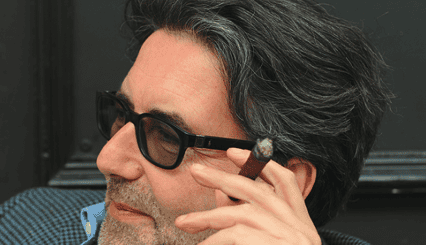The Government We Deserve, Part I (of 4)
It’s that time again: Election USA. As we enter the new election cycle, we can look forward to the customary effusions of democratic rhetoric. The socialists known as Democrats, while deploring the American past, will tell us, in language hallowed by the Clintons and Obamas, that we have moved beyond patriarchy, superstition, and the irrational preference for personal liberty—the prejudices of the poor savages who cling to their guns and religion.







